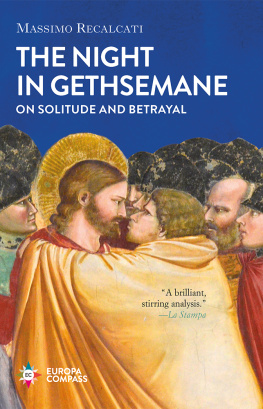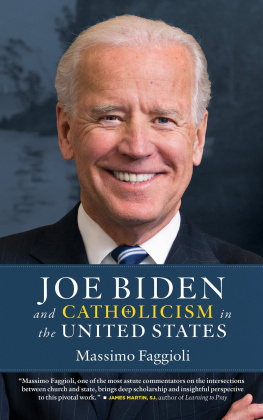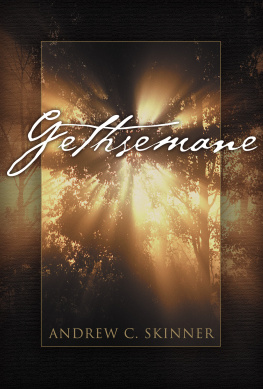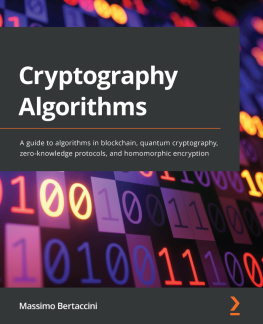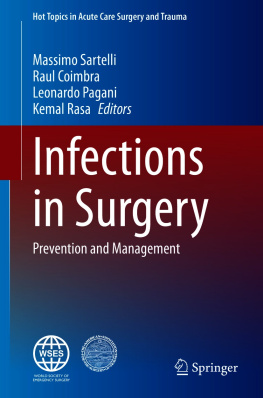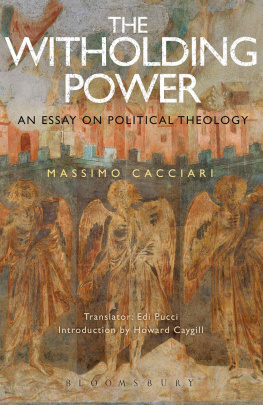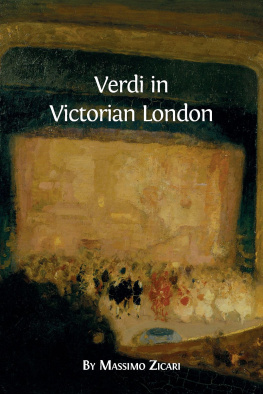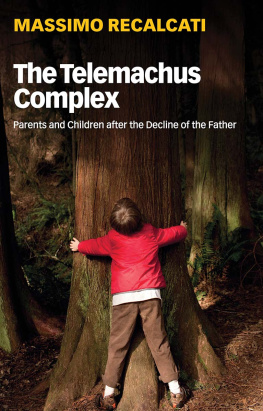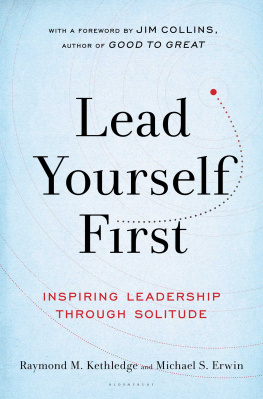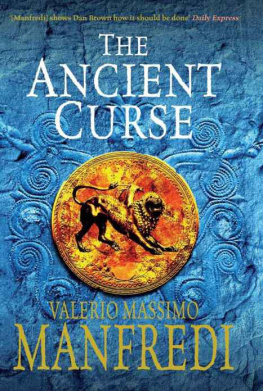Massimo Recalcati - The Night in Gethsemane: On Solitude and Betrayal
Here you can read online Massimo Recalcati - The Night in Gethsemane: On Solitude and Betrayal full text of the book (entire story) in english for free. Download pdf and epub, get meaning, cover and reviews about this ebook. year: 2020, publisher: Europa Editions, genre: Detective and thriller. Description of the work, (preface) as well as reviews are available. Best literature library LitArk.com created for fans of good reading and offers a wide selection of genres:
Romance novel
Science fiction
Adventure
Detective
Science
History
Home and family
Prose
Art
Politics
Computer
Non-fiction
Religion
Business
Children
Humor
Choose a favorite category and find really read worthwhile books. Enjoy immersion in the world of imagination, feel the emotions of the characters or learn something new for yourself, make an fascinating discovery.
- Book:The Night in Gethsemane: On Solitude and Betrayal
- Author:
- Publisher:Europa Editions
- Genre:
- Year:2020
- Rating:3 / 5
- Favourites:Add to favourites
- Your mark:
- 60
- 1
- 2
- 3
- 4
- 5
The Night in Gethsemane: On Solitude and Betrayal: summary, description and annotation
We offer to read an annotation, description, summary or preface (depends on what the author of the book "The Night in Gethsemane: On Solitude and Betrayal" wrote himself). If you haven't found the necessary information about the book — write in the comments, we will try to find it.
The Night in Gethsemane: On Solitude and Betrayal — read online for free the complete book (whole text) full work
Below is the text of the book, divided by pages. System saving the place of the last page read, allows you to conveniently read the book "The Night in Gethsemane: On Solitude and Betrayal" online for free, without having to search again every time where you left off. Put a bookmark, and you can go to the page where you finished reading at any time.
Font size:
Interval:
Bookmark:
IN GETHSEMANE
Then all the disciples deserted him and fled.
M ATTHEW 26:56
D uring the night in Gethsemane Jesus is at his most deeply human. This night speaks to us more about the vulnerability of Christs life, its finiteness, than it does about crucifixion; its about us, about our human condition.
The spotlight is not on the symbol of the cross and the unprecedented violence of torment, torture, and death. During the night in Gethsemane the tragic finale does not yet afflict Christs body but, rather, pierces his soul. There are no nails or scourges, no crown of thorns or blows; there is only the weight of a night that will never end, the helpless, bewildered solitude of the life that experiences betrayal and abandonment. This is the night of man, not the night of God. In the course of this night the true passion of Christ is played out: God withdraws into the deep silence of Heaven, refusing to spare his only beloved son the traumatic experience of a fall, of absolute abandonment. The disciples alone remain with him, but, rather than share his anguish, they fall asleep or, like Peter, the most faithful among them, testify falsely on his name, denying him. Jesus is left alone with the soldiers and the temple priests, who want him captured and dead.
The glory of the Messiah, hailed as he joyously enters Jerusalem, is transformed abruptly into an experience of intense solitude. Jesus is accused of a theological outrage: dragging God toward man, confusing what is lacking in man with what is lacking in God; exposing man to a world without God, to the absolute freedom of the creature pushed to the limits of his irreducible distance from God.
During the night in Gethsemane, Jesus doesnt appear to be the son of God; hes a delinquent, a common criminal, a blasphemer. No miracle can save him; his life is revealed in a tragic edict of extreme helplessness. Whats important is not the experience of Gods speechthe word of the Father who comes to the aid of his sonbut Gods deathless silence, his infinite distance from the son who has been handed over to the wounds of betrayal, political intrigue, the fall, the irreversible, harrowing approach of death.
This book is an attempt to illuminate the scene of Gethsemane in all its details. But why return to the night in Gethsemane? And why, in particular, should a psychoanalyst do so? For meor rather in myselfthe answer is clear: because in this scene the biblical text speaks radically about man, touches the essence of his condition, the condition of man without God, his frailty, his lack, his torments. Arent the wounds of abandonment and betrayal and the wound of the inevitability of death perhaps the deepest wounds that man has to endure? Isnt it here that the most radical dimension of a negative that no dialectic can redeem is manifested? And doesnt psychoanalysis constantly confront in its practice and theory this tragic and negative dimension of life?
Regardless, in the dark hours of this night we encounter not only our suffering as human beings but also a decisive sign that we must try to deal in an affirmative way with the unavoidable weight of the negative. This is what I call the second prayer of Jesus. The night in Gethsemane is not, in fact, solely a night of utter abandonment and betrayal, of submissiveness to Gods silence and to the violence of arrest; it is also a night of prayer. But Jesus doesnt have just one way of praying. During that night he encounters the deepest roots of prayer. And only through this experience of prayer is he able to find an opening that allows him to endure this terrible night: prayer that is not so much an appeal addressed to the Othera request for help and consolation, an entreatybut prayer that is the handing over of himself to his own destiny, to the singular Law of his own desire. Isnt this perhaps the ultimate, most profound, and unexpected meaning of Gethsemane? And isnt this whats at stake on every human pathway in life?
Its the crucial point where, in my view, the lesson of Gethsemane meets the lesson of psychoanalysis: we coincide with our own destiny, decide to give ourselves to our own story, since only in that giving can we uniquely rewrite it, and welcome the otherness of the Law that inhabits us, taking on our condition of lack not as an affliction but as an encounter with what we most intensely are.
Valchiusella, January 2019
This book has its origin in a talk I gave at the Bose Monastic Community on February 25, 2017, under the title The Lesson of Gethsemane.
To my sisters and brothers
in the Bose Monastic Community
I n the story told by the Gospels, the experience of the night in Gethsemane opens the cycle of the Passion of Christ. Behind him is the joyous entry into Jerusalem, the light of the city that jubilantly welcomes its Messiah. Unarmed, sitting on a donkey and a colt, the foal of a donkey, as Matthew recounts (Matthew 21:5), Jesus of Nazareth enters through the gates of the city. The people, the same who will later, at the time of the Passion, stridently call for his death with hatred-charged violence, welcome him joyously, exalting his glory:
Most of the crowd spread their garments on the road, and others cut branches from the trees and spread them on the road. And the crowds that went before him and that followed him shouted, Hosanna to the Son of David! Blessed is he who comes in the name of the Lord! Hosanna in the highest! (Matthew 21:89)
During the period between the enthusiastic Hosanna and the dark anguish of Gethsemane, Jesus preaching becomes harsher and more radical. Christian subversiveness collides with the codified religion of the priests and their more traditional symbols, including the Temple of Jerusalem. Here we touch on a key point in Jesus experience: the power of speech animated by faith tends to clash with its institutionalization. Its a theme that has been taken up forcefully in psychoanalysis by Wilfred Bion and Elvio Fachinelli: the mystical always comes into conflict with the religious. The thrust of desire and the passion for truth inevitably clash with the institution, which stubbornly defends and preserves its own identity so as to avoid any form of contamination. At the same time, when the free force of speech is institutionalizedis rigidly regimented into an established codeit risks losing its generative power. The history of religions and of every type of School testifies to this: when a doctrine is institutionalized it tends to lose the authentic thrust of desire and the capacity for opening up. Institutionalization coincides with a movement of closure in contrast with the movement of the words, which aspire instead to open up and expand. Organizing, as Pasolini would say, prevails in the end over the propulsive thrust of transhumanizing. Thats why the chief priests of the temple, the scribes and teachers of the Law, become the preferred targets of Jesus anger. Entering the Temple, which has become a place of commerce and degradation, he, as Matthew tells us, drove out all who sold and bought in the temple, and he overturned the tables of the money-changers and the seats of those who sold pigeons (Matthew 21:12).
Jesus empties the Temple of the objects and idols that fill it, he cleanses it, reopens its central place so that it can continue to be a house of prayer. Prayer exists only if there is a central place, an experience of emptiness, if the fetishistic presence of the object is eliminated.
The fault of the temple priests is that they represent a faith that has forgotten itself, that has lost contact with the potency of desire, that has grown sterile in the exercise of power; they havent properly interpreted the stakes of inheritance. Who is a just heir? What does it mean to inherit? What does inheritance of the Law mean? Here is the priests greatest fault: they have interpreted inheritance solely as continuity, as formal replication, as ritual repetition of the Same, crushing it through pure conservation of the past. They are, in Jesus famous words, whitewashed tombs, which outwardly appear beautiful, but within they are full of dead mens bones and all uncleanness (Matthew 23:27).
Font size:
Interval:
Bookmark:
Similar books «The Night in Gethsemane: On Solitude and Betrayal»
Look at similar books to The Night in Gethsemane: On Solitude and Betrayal. We have selected literature similar in name and meaning in the hope of providing readers with more options to find new, interesting, not yet read works.
Discussion, reviews of the book The Night in Gethsemane: On Solitude and Betrayal and just readers' own opinions. Leave your comments, write what you think about the work, its meaning or the main characters. Specify what exactly you liked and what you didn't like, and why you think so.

